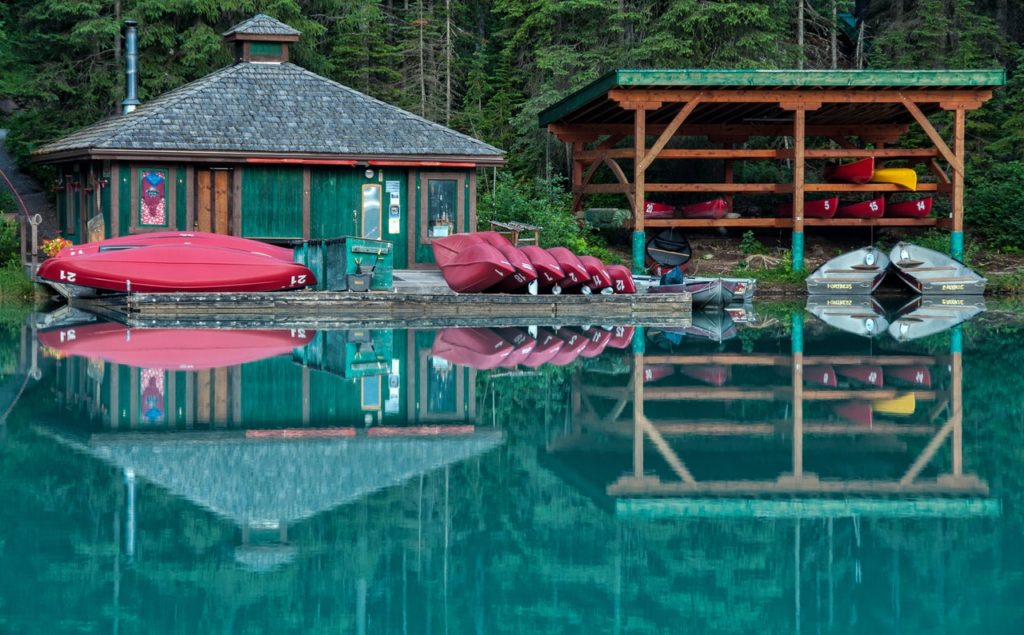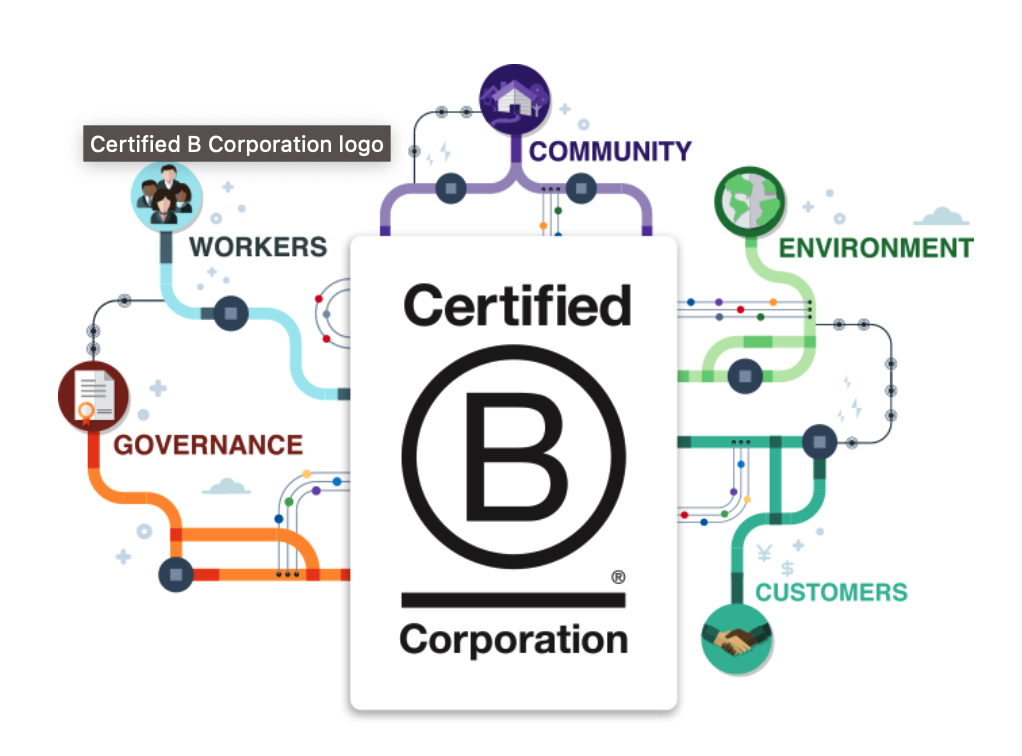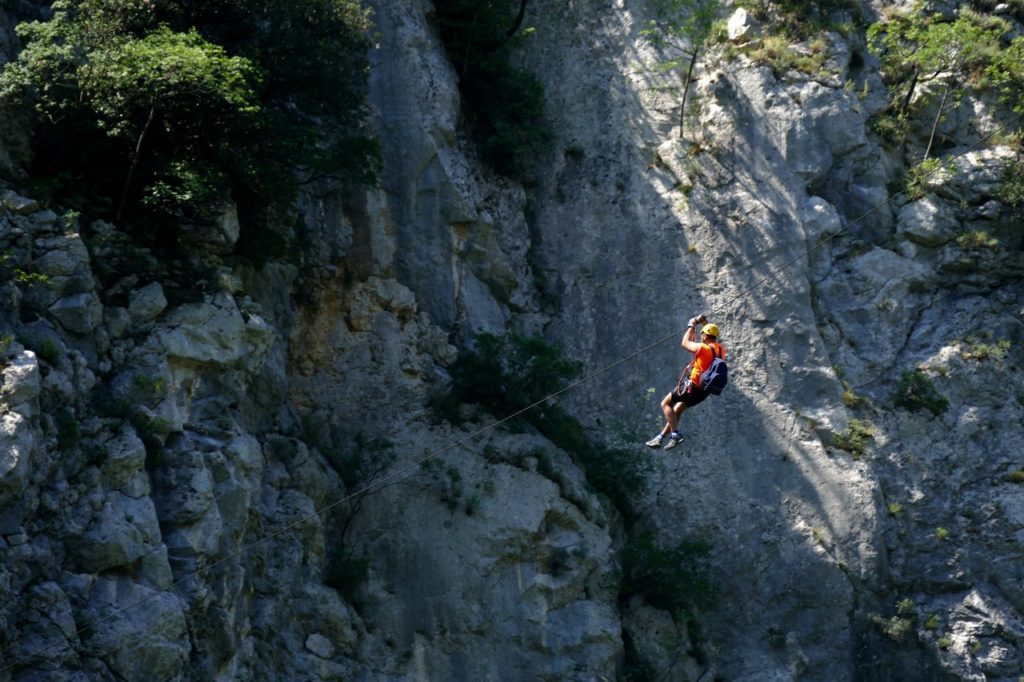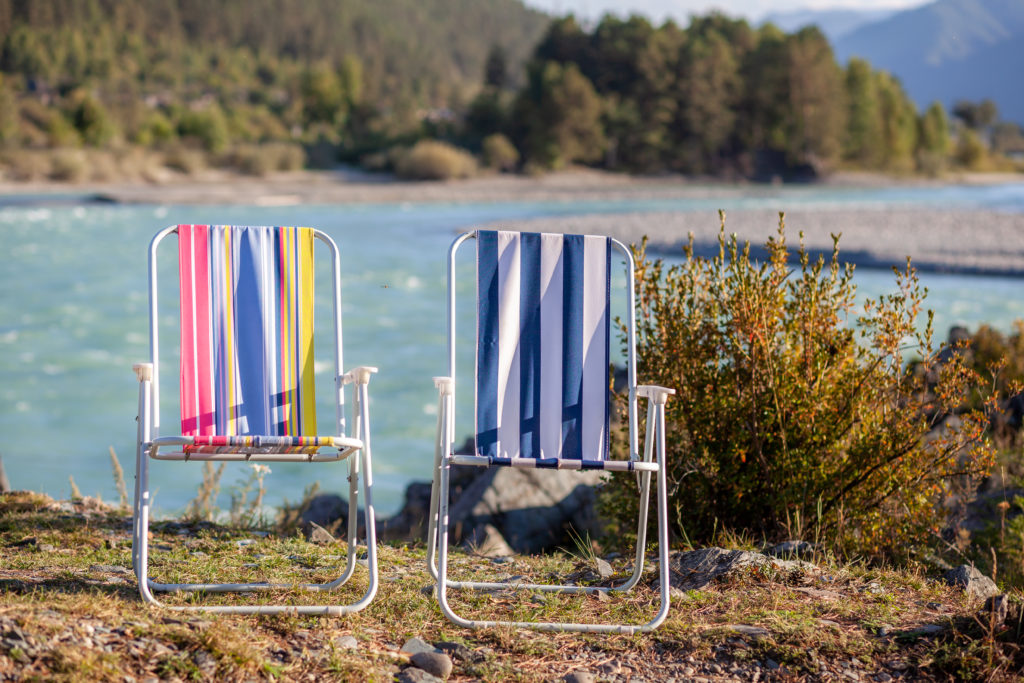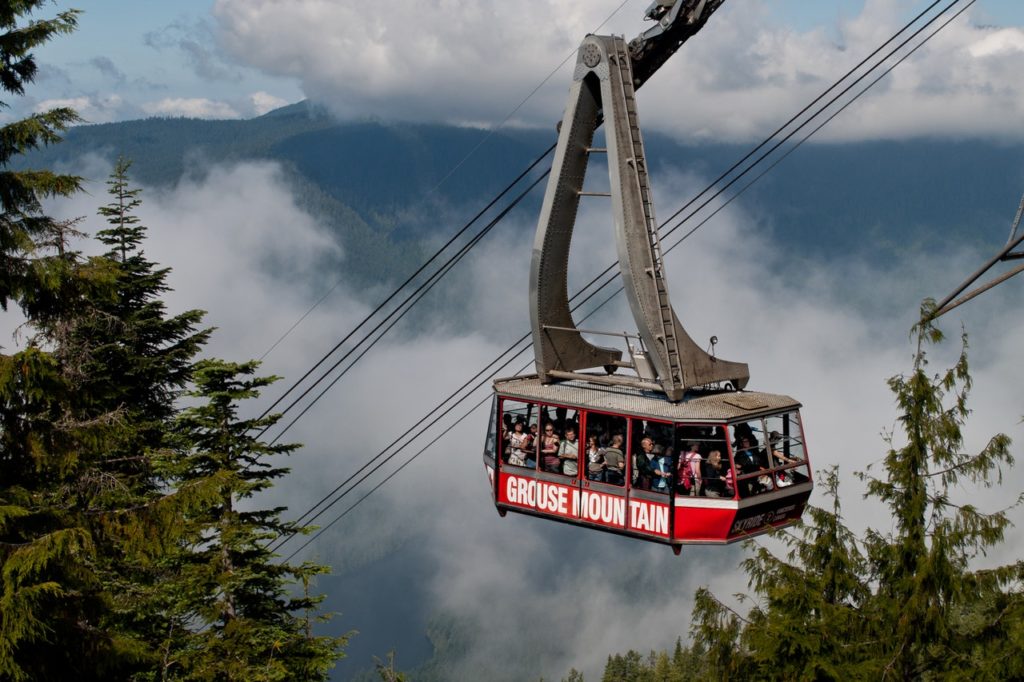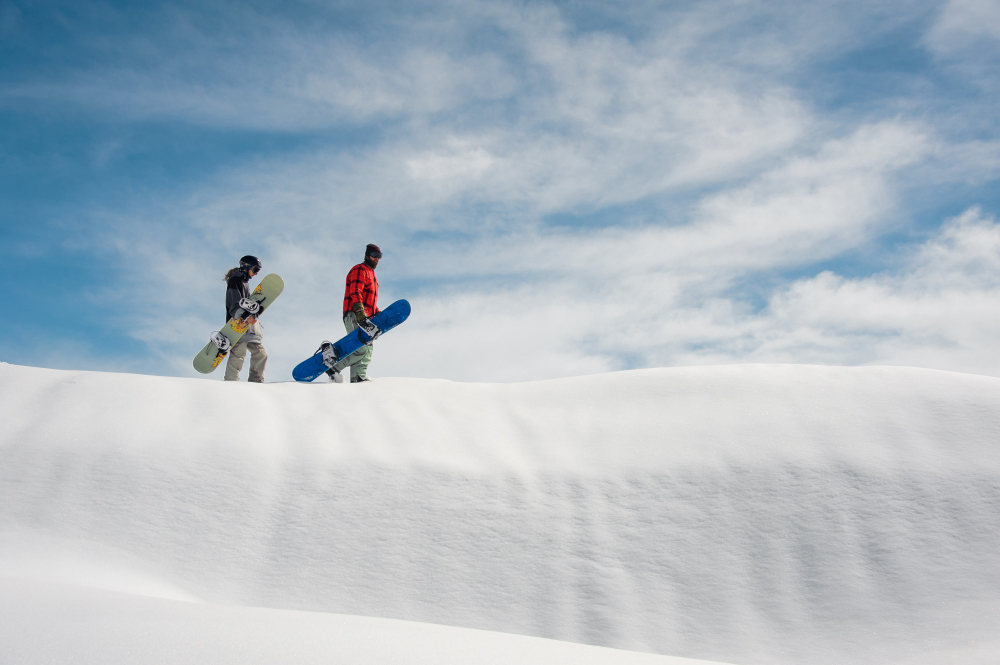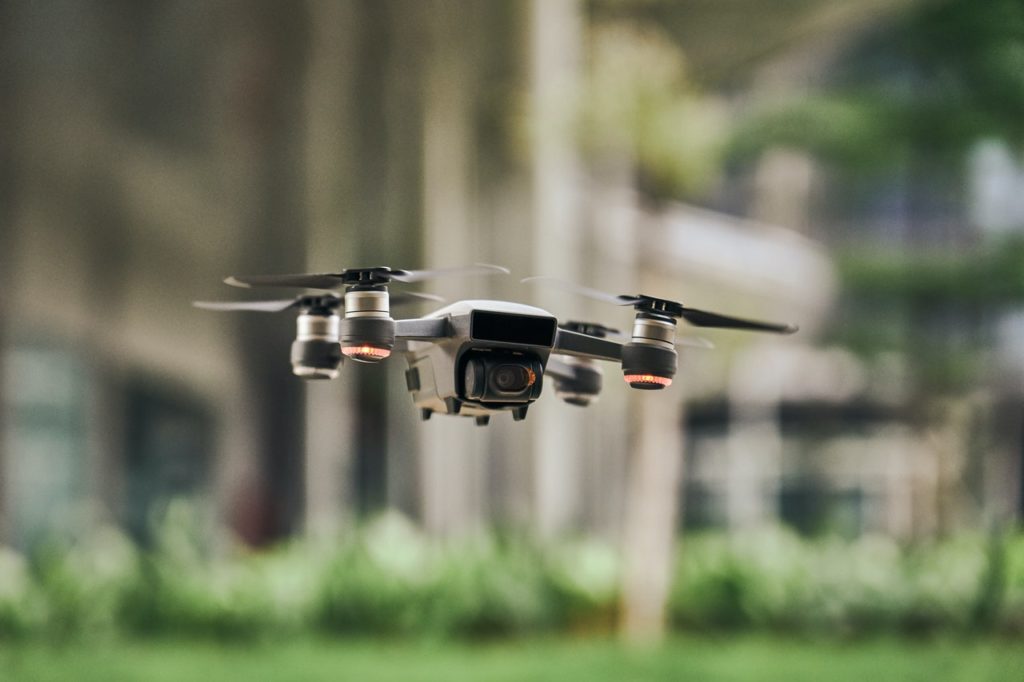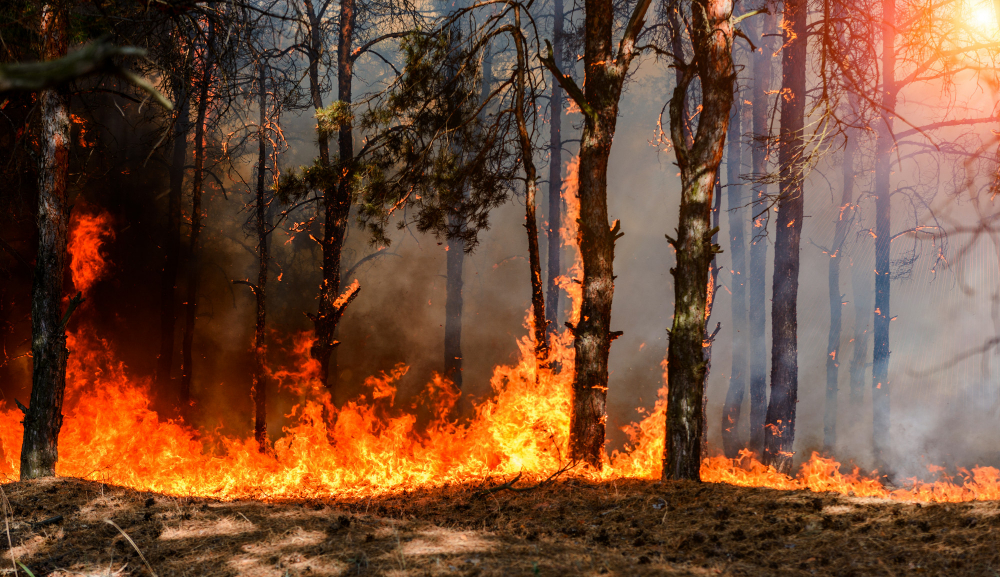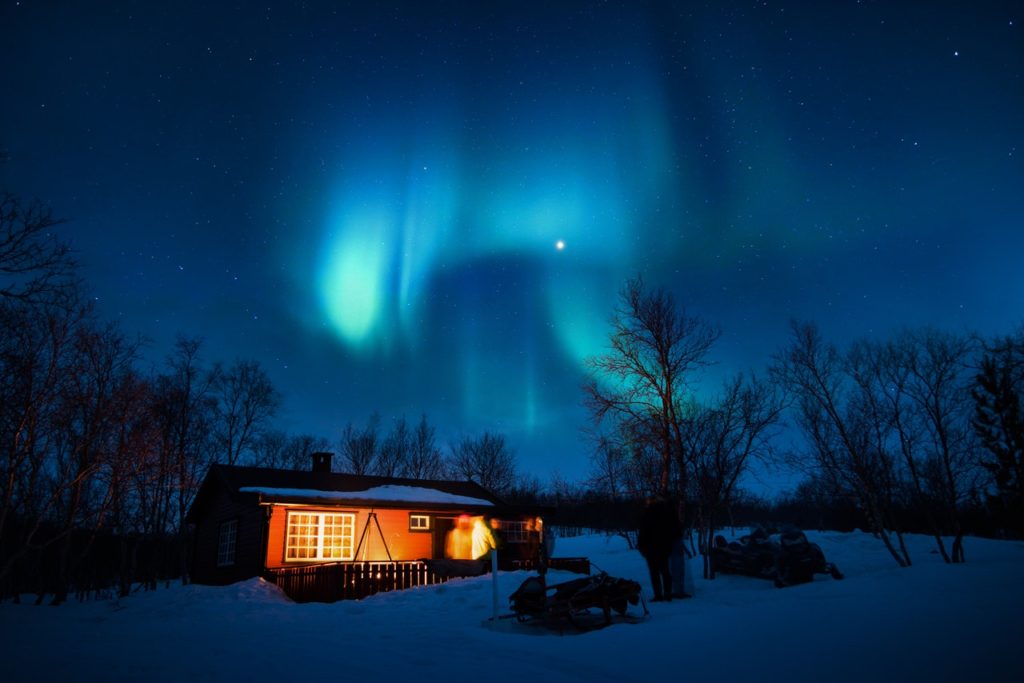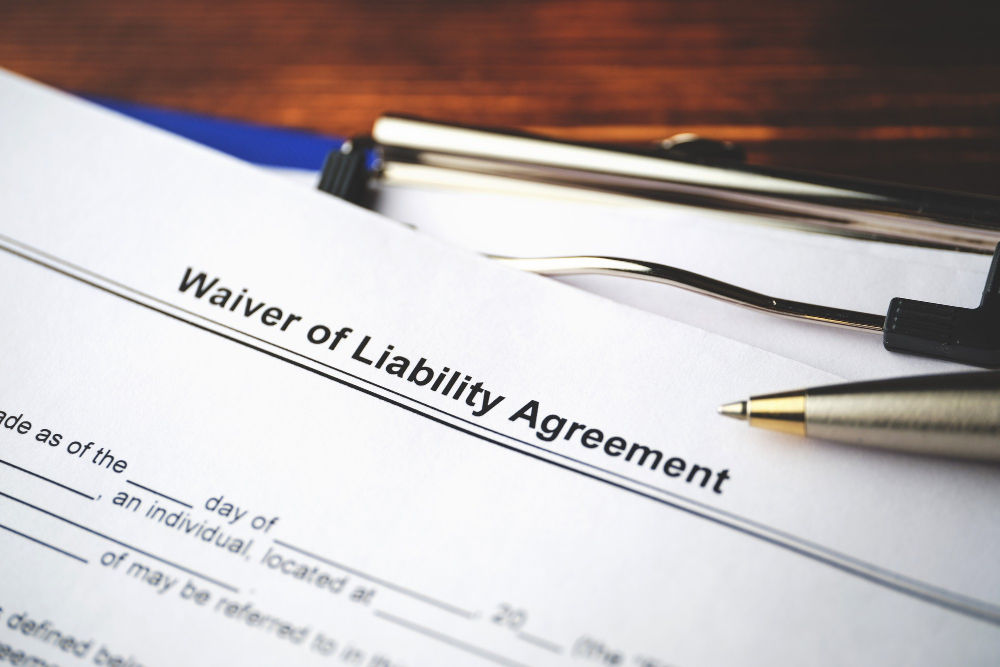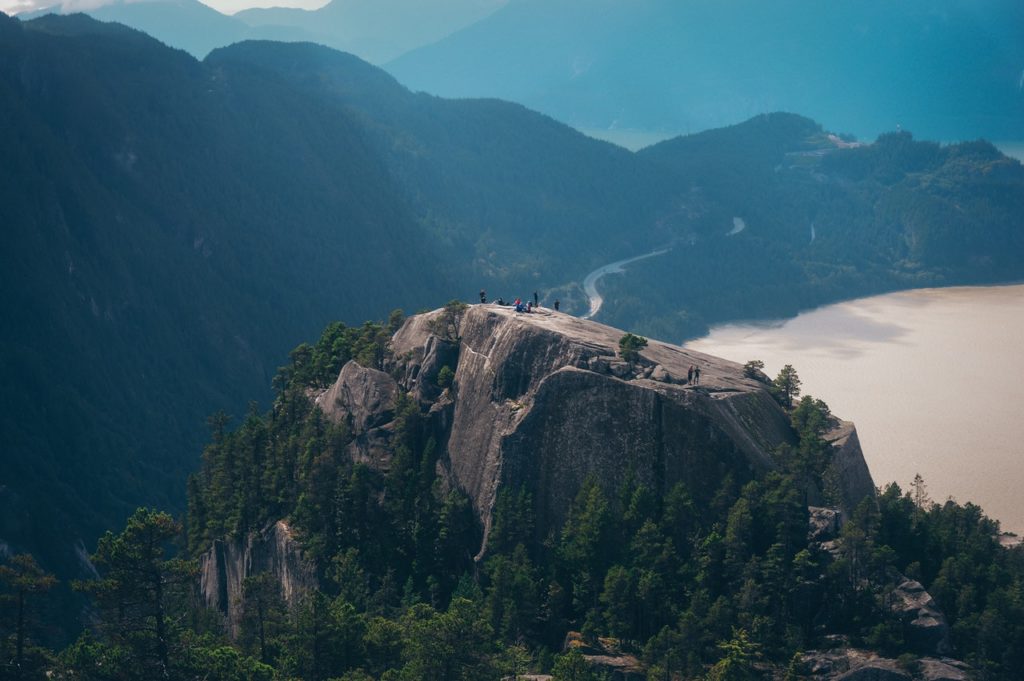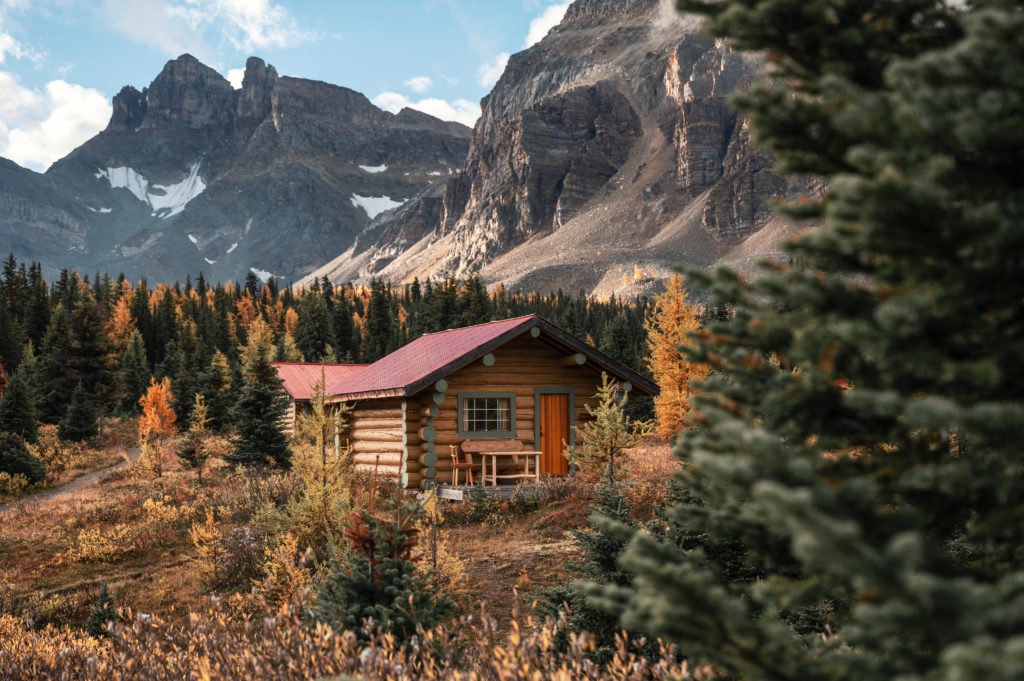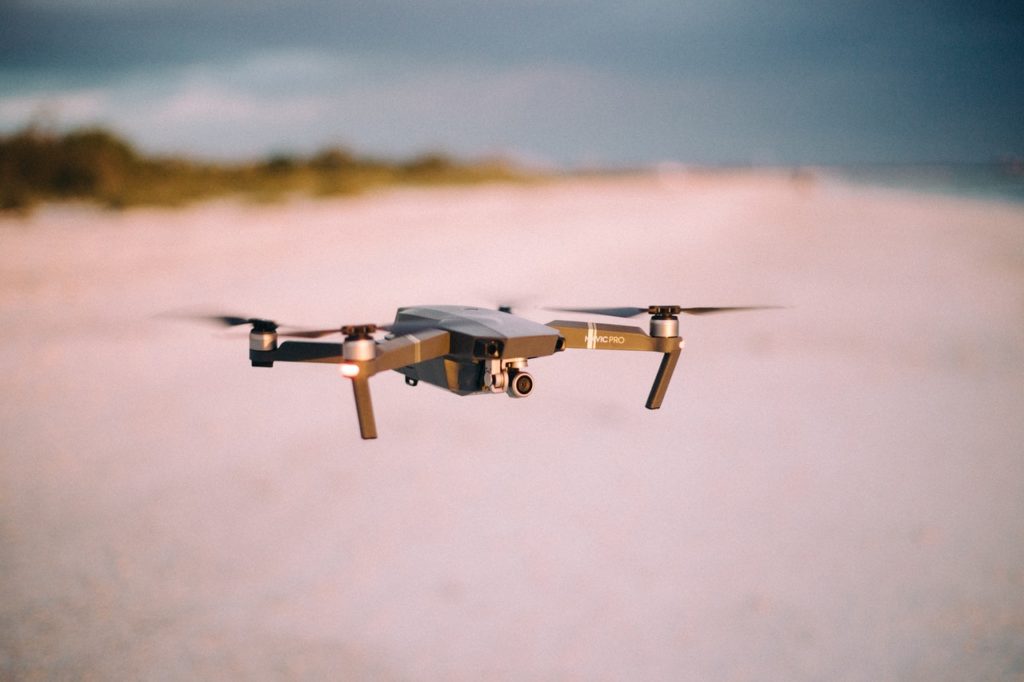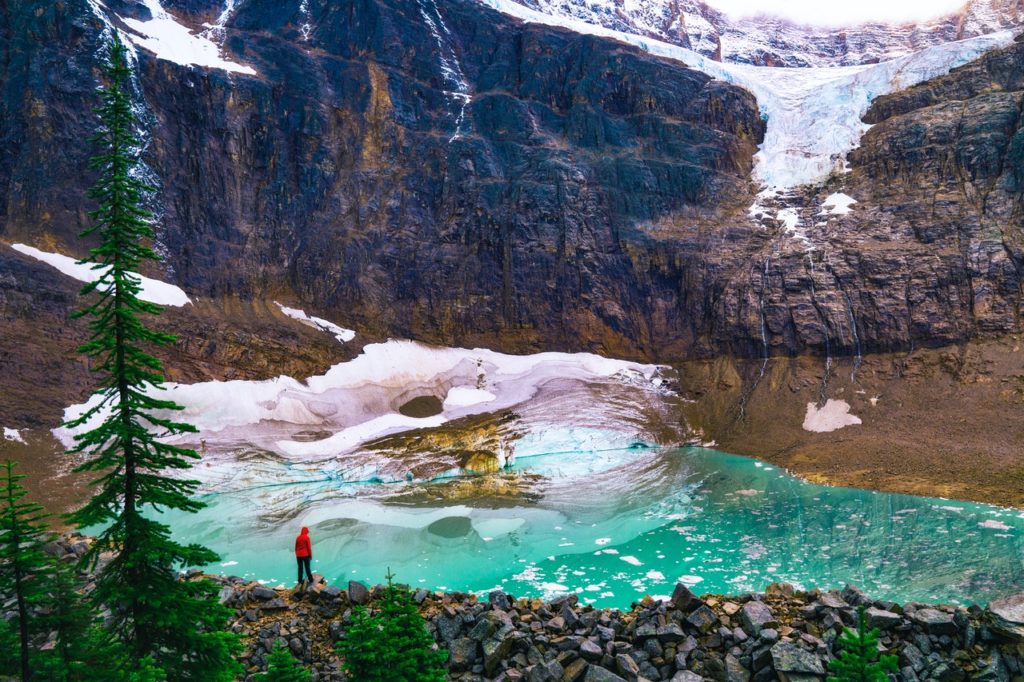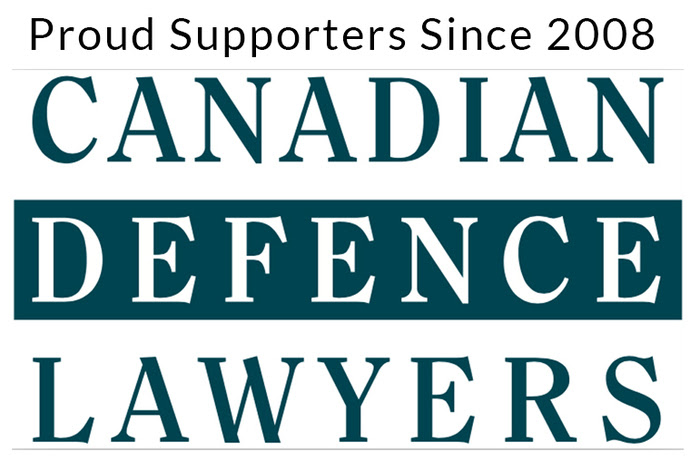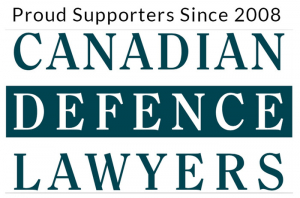The outdoor/adventure industry has been significantly impacted by the COVID-19 pandemic. Now, businesses such as fishing and hunting lodges, guest ranches, ecotourism lodges, seasonal campgrounds and other commercial recreation operators in British Columbia may be eligible for rent relief. Specifically, those who hold Land Act tenures or Park Act permits may qualify to have the annual base rent they […]
Uncategorised
As the British Columbia government moves closer towards fully reopening its economy, businesses and other organizations are looking at their own practices and examining what risks they bear if a customer contracts COVID-19 at their operation. To alleviate some of this concern for amateur sports organizations and their stakeholders, the provincial government has passed a
British Columbia will now become the first jurisdiction in Canada to statutorily permit and regulate benefit corporations (“B Corps”). Bill M 209, the Business Corporations Amendment Act (No. 2), 2019, which was originally introduced as a private members bill by Dr. Andrew Weaver, received Royal Assent on May 16, 2020, and is set to come into
2020 has been an unprecedented year for outdoor/adventure businesses. The COVID-19 pandemic has closed international borders to tourists and other visitors, and social distancing requirements have necessitated the large-scale shutdown of the outdoor/adventure industry. Thankfully, these efforts have proven to be beneficial (at the time of writing), and provincial governments are now examining how to
The COVID-19 pandemic has upended our day-to-day lives. In the outdoor/adventure industry, it has led to the cancellation of pre-scheduled bookings, trips, and events, either pro-actively by companies (to limit possible exposure and spread of the virus), pursuant to orders of governmental health officials or due to the closure of international borders preventing customer access.
A recent decision out of the B.C. Court of Appeal that overturned a B.C. Supreme Court ruling has significant implications for ski hills and other outdoor/adventure tourism operators who rely on “ticket case” liability waivers. We wrote about the Apps case in a previous blog post. The Trial Decision The B.C. Supreme Court released its decision
Increasingly, people are venturing into the backcountry, and are relying on friends (or even strangers) to make safe decisions for the group, and for themselves, even if those people have little practical training or experience. In early 2009, Mark Kennedy was on a guided heli-skiing trip near Blue River, BC. Adrian Coe was also heli-skiing
The growing B Corporation movement is making its mark worldwide and companies such as Patagonia – an American outdoor clothing company, and Intrepid Group – the world’s largest adventure travel company, are leading the charge for businesses, driving positive social transformation. These companies balance purpose and profit and operate in a way that benefits shareholder and stakeholder interests, and society
In a previous blog, [hyperlink the legally flying your drone blog] we discussed the new Transport Canada rules, regulations, and fines surrounding recreational drone use in Canada. While these rules introduced new “basic” and “advanced” pilot categories (with related certification and registration requirements), they also loosened some of the operational requirements regarding where a drone can
A liability waiver [hyperlink to 1st waiver blog] is a legal document – a contract – that a participant in an activity signs to waive his or her legal right to sue for compensation in case of an injury (or death) during participation in the activity. Waivers are a matter of course in the outdoor/adventure industry, and
It is now summer in Western Canada, and the weather will no doubt soon turn hot and dry. Large and devastating wildfires have become the new normal, with their smoke choking our lungs and casting the midday in an eerie orange glow. In British Columbia, the last two summers have seen an average of more
Social media advertising can be an excellent, cost effective way for outdoor/adventure companies to engage directly with their target audience. Increasingly, companies are using social media contests as part of their marketing efforts, either in conjunction with or in place of more traditional advertising efforts. Though a promotion on social media may feel more “informal”
One of the most important decisions you make when starting an outdoor/adventure business is what legal structure you select for the company. This decision can affect the amount of paperwork you may be required to do, the personal liability you may face, how much funding (government or otherwise) you may be able to obtain, and how
Liability waivers [hyperlink to first Waiver blog] are an essential part of an outdoor/adventure company’s risk management strategy. They are designed to limit the liability of a company and its employees to an adventure participant should that participant become injured as a result of activities put on by the company. A well written waiver [hyperlink to first
Adventure tourism often involves commercial operators offering fee-based outdoor recreation activities to the public on provincial Crown land. Broadly speaking, these activities include guided adventure tourism activities within an extensive operating area, but then can also include improvements (such as huts, wharves, horse corrals and campsites) on the land that are linked to the guided
There are two essential ingredients to enjoying the great outdoors. First, you need a place that has something to special to offer—let’s say a lake filled with rainbow trout that won’t stop biting. Second, you need to be able to access that place—by road, for instance. Well, it turns out that accessing lakes isn’t always
With drones becoming almost ubiquitous over the last few years, it is easy to forget that there are stringent rules and regulations surrounding their operation. On June 1, 2019, new rules, regulations, fines and penalties will come into effect, affecting everyone who flies recreationally or commercially in Canada. Registration and Certification/Training Requirements Most recreational drone
Canada—and Western Canada, in particular—has an abundance of national and provincial parks, and other protected areas. Typically, these areas exist to manage and preserve unique and noteworthy natural environments. The opportunity to experience the natural splendor of these settings draws the public, as well as outdoor/adventure businesses looking to serve them. Almost all businesses are
Picture this—you’re the owner/operator of a hiking tour company. One of your customers has been badly injured on a hike, and he intends to sue you. Will the liability waiver you had him sign prior to embarking on the hike hold up in court? Liability waivers are essential for any business that offers the public

